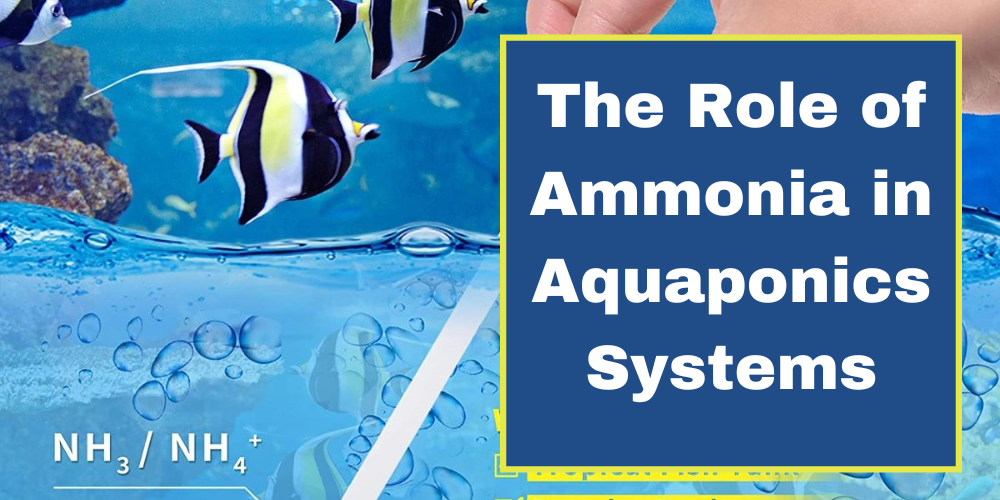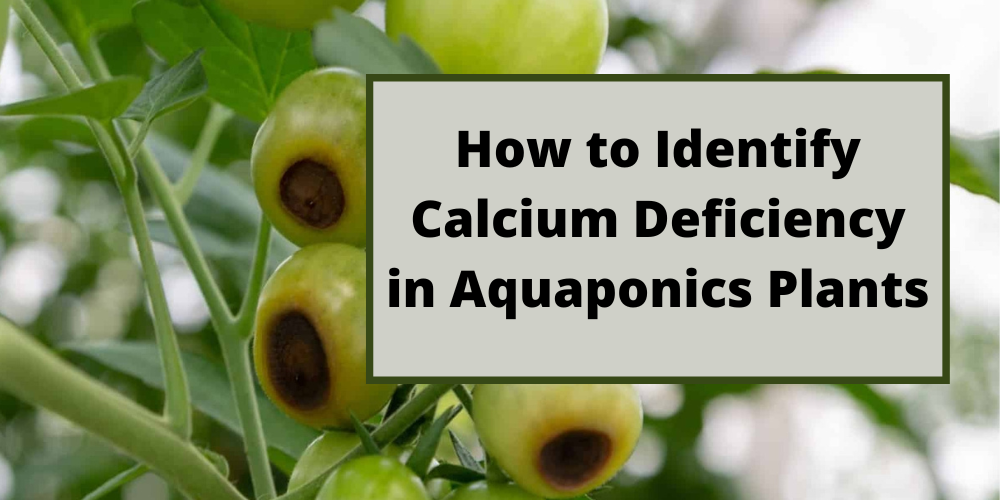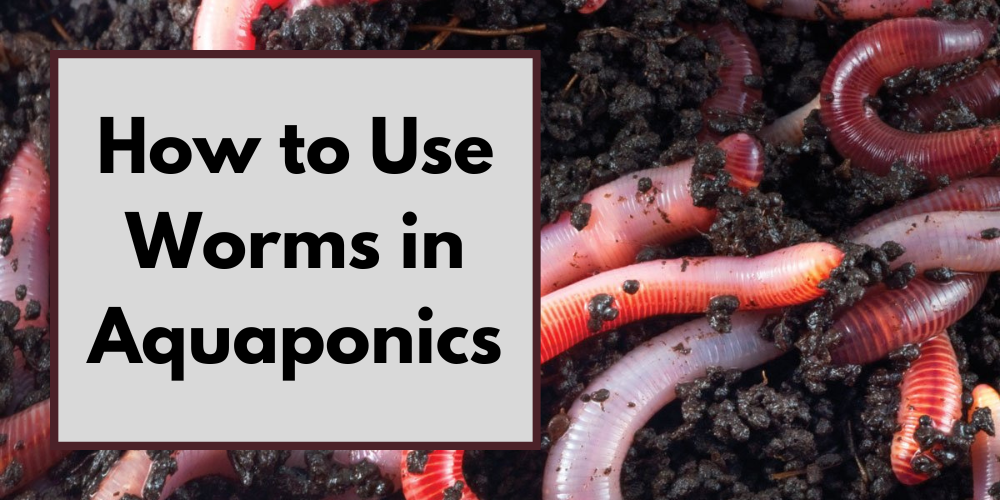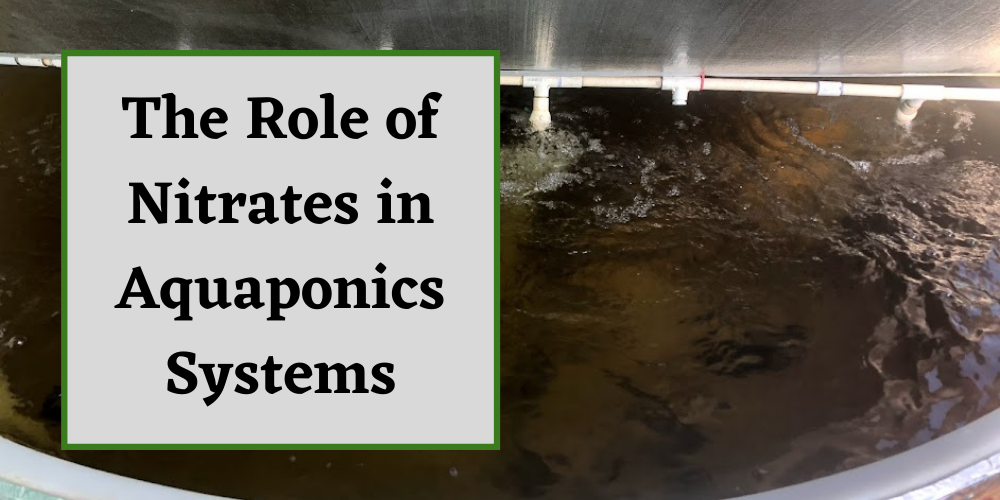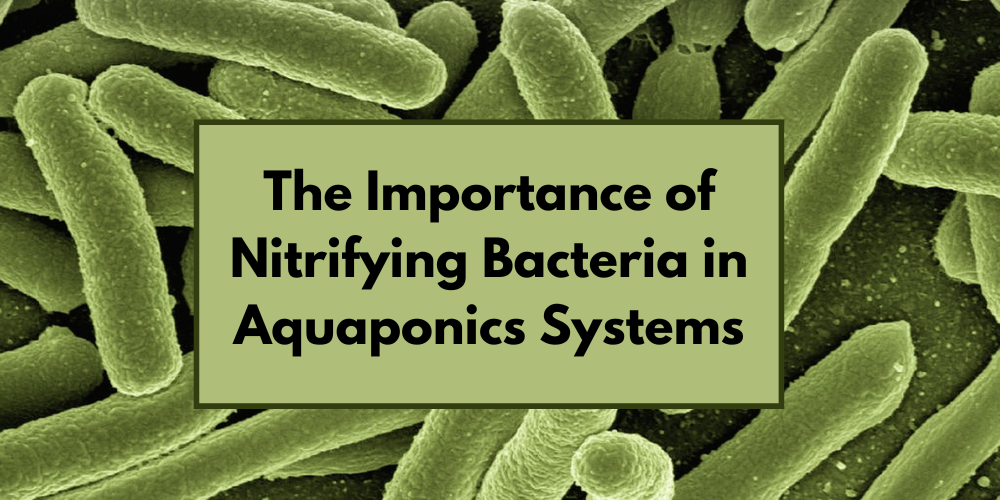Go Green Aquaponics Blog
Learn about the role of ammonia in aquaponics systems, how to manage ammonia levels effectively, and discover the best ammonia test kits for maintaining a healthy and productive environment for your fish and plants.
- February 03, 2026
Struggling with curled leaves or blossom-end rot in your aquaponics plants? Learn how to identify, treat, and prevent calcium deficiency using fish-safe solutions, plus get expert tips for long-term nutrient balance.
- February 03, 2026
Discover the role of worms in aquaponics. Learn how worms can enhance nutrient cycling, improve plant growth, and tackle waste management. Explore step-by-step guidance on setting up a worm habitat, troubleshooting common challenges, and harnessing vermiponics for sustainable food production.
- February 03, 2026
Learn about the crucial role of nitrates in aquaponics systems, including nitrate management, plant growth benefits, and sustainable practices for a balanced, eco-friendly setup.
- February 03, 2026
Learn the role that nitrifying bacteria plays in the nitrogen cycle of aquaponics systems. Our article explains how these beneficial bacteria convert fish waste into plant nutrients. We also provide tips for maintaining optimal conditions to ensure a healthy and productive aquaponics ecosystem.
- February 03, 2026



